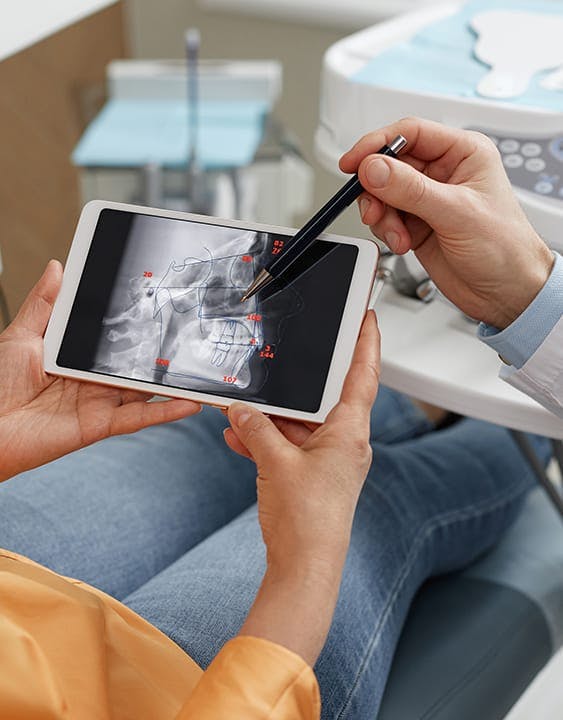At the San Francisco Center for TMJ and Sleep Apnea, we delve into the intricacies of TMJ, offering insights into this jaw joint disorder and providing effective treatments for associated symptoms.
Find relief and improve your quality of life.
Understanding TMJ and its symptoms is the first step toward finding relief and regaining your quality of life. If you're experiencing any of the symptoms associated with TMJ, don't hesitate to reach out to our team for TMJ treatment in San Francisco and the Bay Area. Our expert team is here to provide the care and support you need to overcome TMJ and achieve lasting comfort and well-being.







